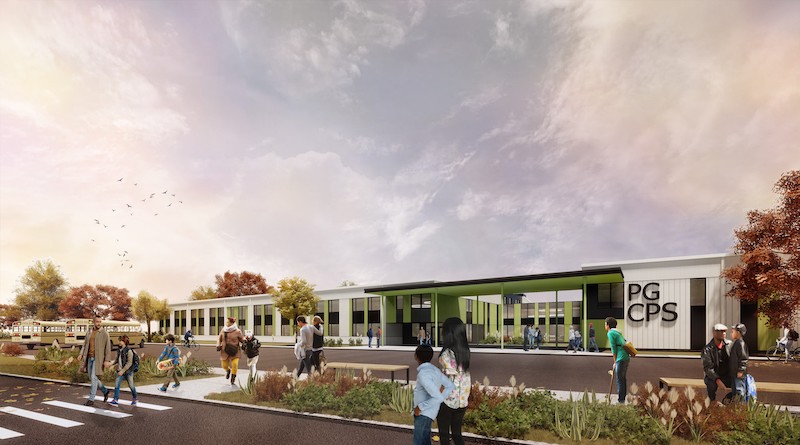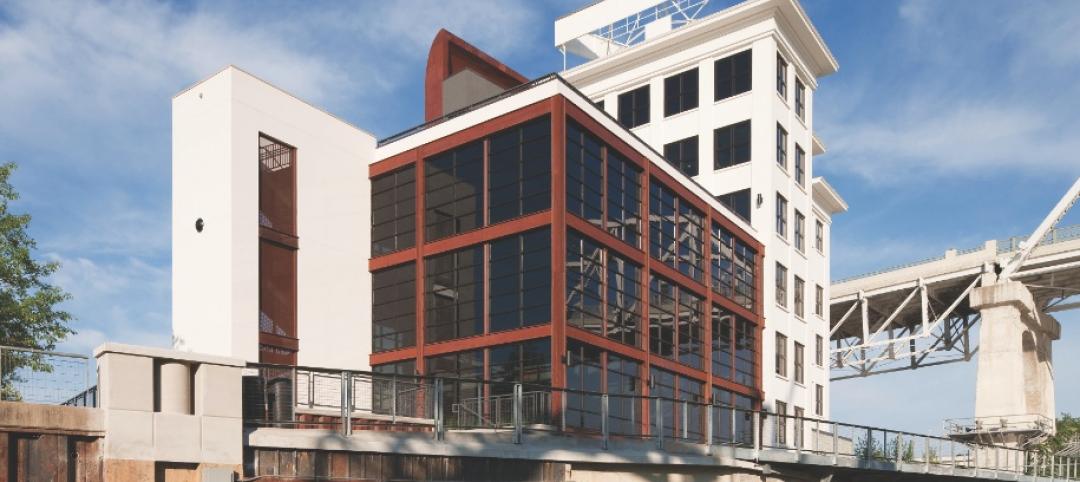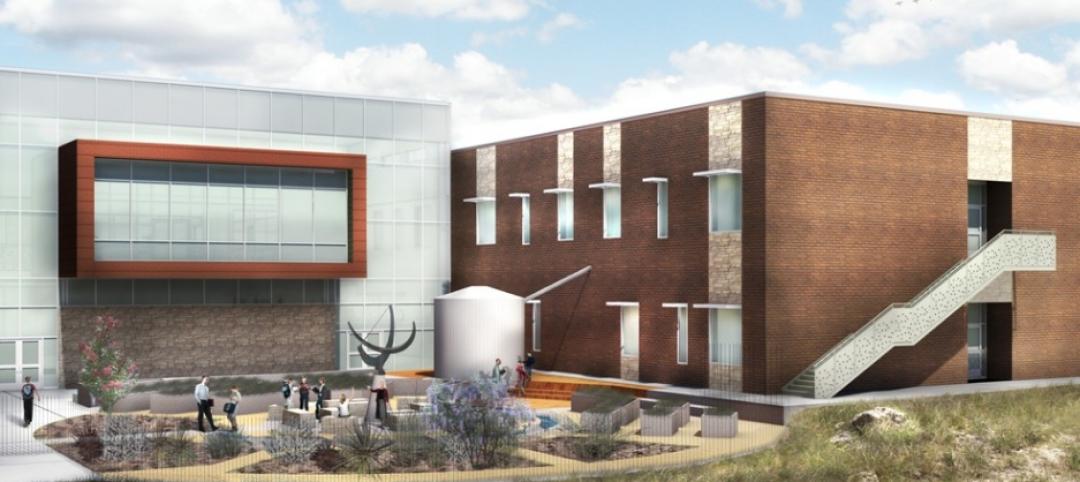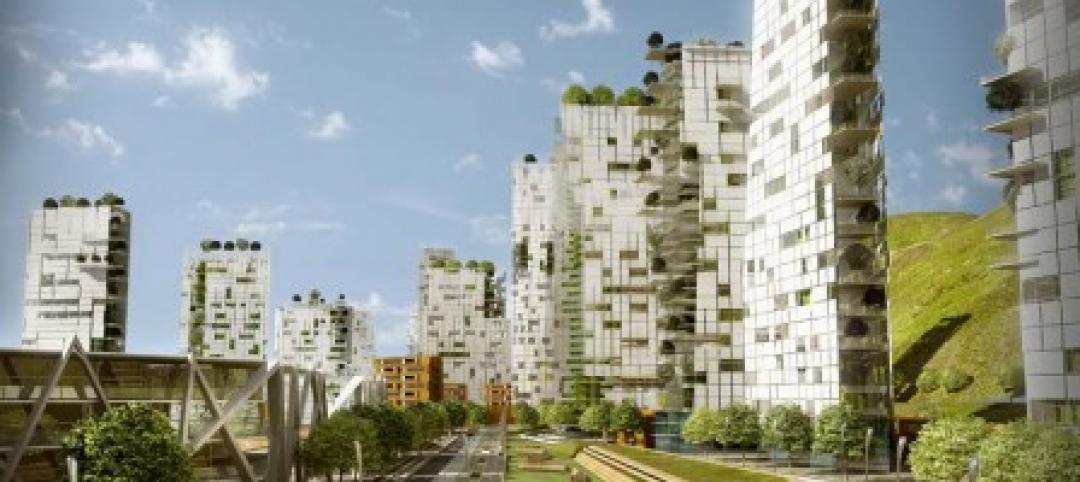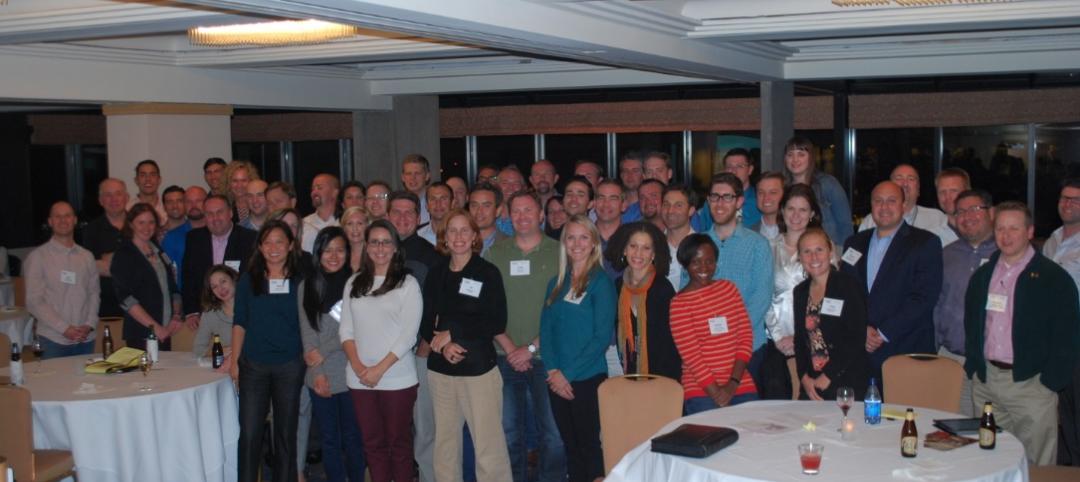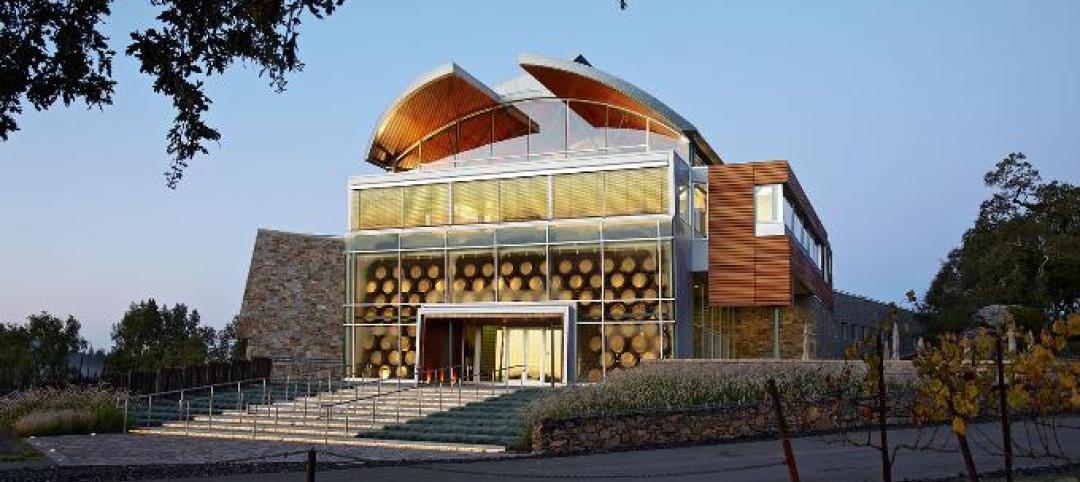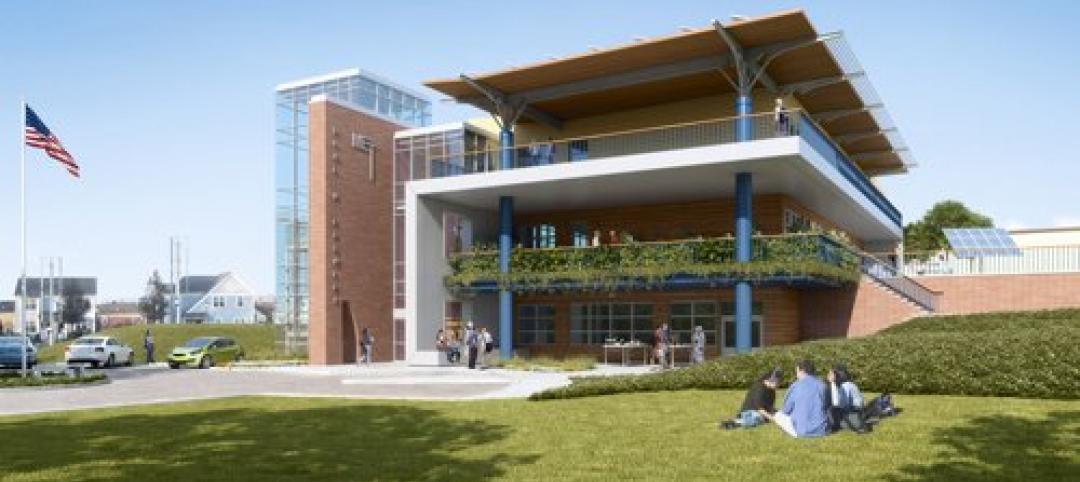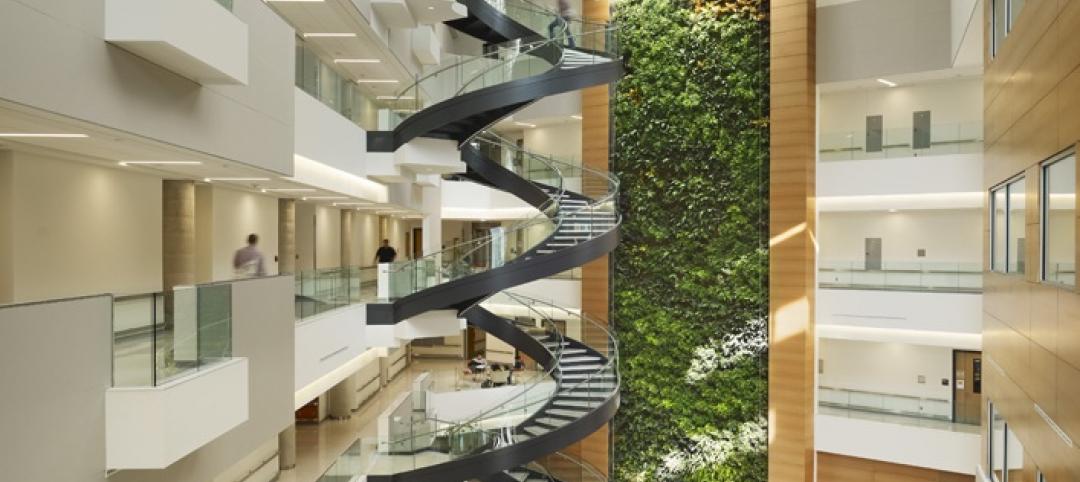Prince George’s County Public Schools is the second-largest school system in Maryland. It is also the second-oldest, with more than half of its 208 schools over 50 years old.
Like many school systems around the nation, Prince George’s faces rising enrollment with aging buildings and not enough seats. To address these shortfalls, the county has initiated an alternative construction financing program with some of the industry’s leading AEC firms, whose goal is to accelerate the time it takes to plan, finance, and build schools, and to reduce the cost of construction and maintenance.
COMMITMENT TO SMALL AND MINORITY BUSINESS PARTICIPATION
This consortium, known as Prince George’s County Education & Community Partners, this week broke ground on six K-8 and Middle schools whose completion is scheduled for the summer of 2023. The properties will be turned over to the consortium on July 1 to begin construction through a Public-Private partnership delivery approach. The consortium comprises Fengate Asset Management, an alternative investment manager focused on infrastructure, private equity, and real estate strategies; Gilbane Development Company (a financing member), Gilbane Building Company (the lead design-builder), Stantec (designer and AOR), and Honeywell (lead services provider).
Also see: Three AEC firms launch a mass timber product for quicker school construction
According to the Prince George’s County Public Schools “Blueprint Schools” website, Arel Architects, a certified county-based small business and minority business enterprise, is part of the design team and has a mentor protégé relationship with Stantec. Warren Builds Construction and Corenic Construction Group (also certified small and minority businesses) are on the construction team and have mentor protégé relationships with Gilbane. Three|E Consulting Group serves as the economic inclusion and compliance team.
The consortium is guaranteeing procurement of at least 30% of total eligible costs of the program to minority-owned businesses, community-based small businesses, and the creation of county-based jobs.
CUTTING THE PLAN-TO-BUILD TIME IN HALF
In Maryland, it typically takes seven years to plan and build a school. The consortium’s members believe the county’s alternative financing approach can cut that time in half, and save an aggregate of $174 million in deferred maintenance and construction costs for all six new schools, compared to a traditional construction procurement model.
The six schools under construction create 3,000 jobs and will result in upgraded facilities for more than 8,000 students and their families.
Prince George’s County claims to be the first public school system in the U.S. to leverage a full-scope alternative financing model to design, build, finance, and maintain a multi-school K-12 construction program.
“We have made tremendous strides in the area of long-range facility planning to advance from a capital program of primarily emergency repair projects toward a major modernization program with a plan to address each older facility in our inventory over the next 20 years,” says Dr. Monica Goldson, CEO of Prince George’s County Public Schools. “The Blueprint Schools initiative helps us accelerate delivery of new schools and modernizations for safe, sustainable, educational facilities to fully support 21st Century instruction for our students, staff, and community.”
Related Stories
| Nov 15, 2013
Greenbuild 2013 Report - BD+C Exclusive
The BD+C editorial team brings you this special report on the latest green building trends across nine key market sectors.
| Nov 13, 2013
Installed capacity of geothermal heat pumps to grow by 150% by 2020, says study
The worldwide installed capacity of GHP systems will reach 127.4 gigawatts-thermal over the next seven years, growth of nearly 150%, according to a recent report from Navigant Research.
| Nov 5, 2013
Net-zero movement gaining traction in U.S. schools market
As more net-zero energy schools come online, school officials are asking: Is NZE a more logical approach for school districts than holistic green buildings?
| Oct 30, 2013
11 hot BIM/VDC topics for 2013
If you like to geek out on building information modeling and virtual design and construction, you should enjoy this overview of the top BIM/VDC topics.
| Oct 28, 2013
Urban growth doesn’t have to destroy nature—it can work with it
Our collective desire to live in cities has never been stronger. According to the World Health Organization, 60% of the world’s population will live in a city by 2030. As urban populations swell, what people demand from their cities is evolving.
| Oct 18, 2013
Researchers discover tension-fusing properties of metal
When a group of MIT researchers recently discovered that stress can cause metal alloy to fuse rather than break apart, they assumed it must be a mistake. It wasn't. The surprising finding could lead to self-healing materials that repair early damage before it has a chance to spread.
| Oct 15, 2013
15 great ideas from the Under 40 Leadership Summit – Vote for your favorite!
Sixty-five up-and-coming AEC stars presented their big ideas for solving pressing social, economic, technical, and cultural problems related to the built environment. Which one is your favorite?
| Oct 7, 2013
10 award-winning metal building projects
The FDNY Fireboat Firehouse in New York and the Cirrus Logic Building in Austin, Texas, are among nine projects named winners of the 2013 Chairman’s Award by the Metal Construction Association for outstanding design and construction.
| Oct 7, 2013
Geothermal system, energy-efficient elevator are key elements in first net-zero public high school in Rhode Island
The school will employ a geothermal system to heat and cool a portion of the building. Other energy-saving measures will include LED lighting, room occupancy sensors, and an energy-efficient elevator.
| Sep 24, 2013
8 grand green roofs (and walls)
A dramatic interior green wall at Drexel University and a massive, 4.4-acre vegetated roof at the Kauffman Performing Arts Center in Kansas City are among the projects honored in the 2013 Green Roof and Wall Awards of Excellence.


